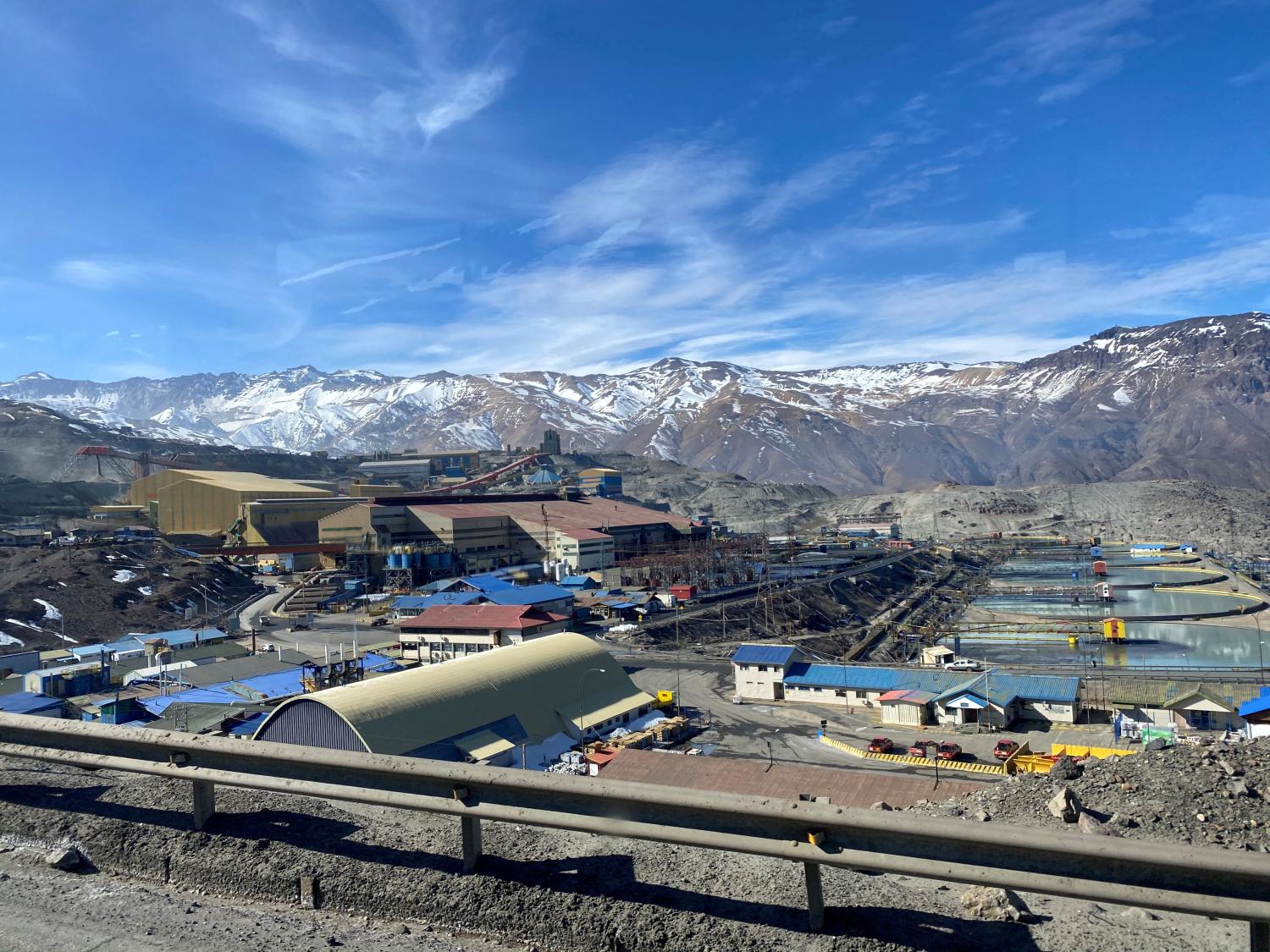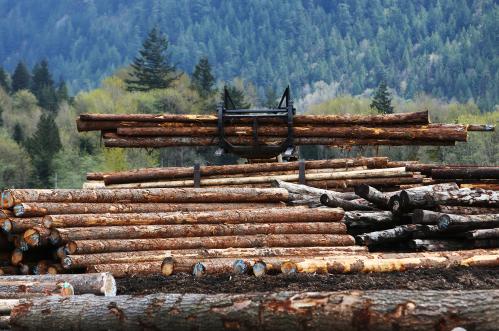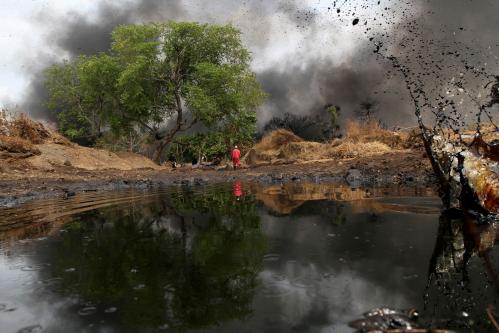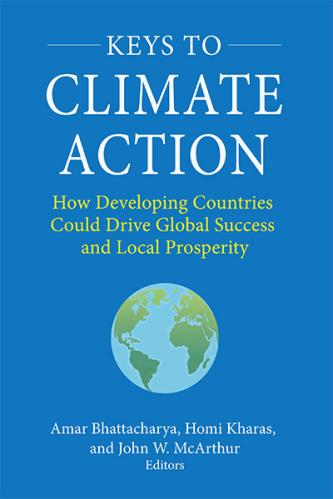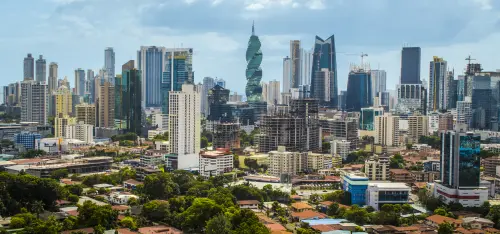Latin America holds considerable reserves of critical minerals, sometimes also referred to as future-facing commodities, which will be crucial to the global energy transition. What the development of these resources in Latin America will mean for governments and citizens is uncertain. The global energy transition presents an opportunity that could translate into significant commodities windfalls. The end goal for governments is a well-regulated mining sector that increases public goods and spurs socioeconomic development with minimized social and environmental impacts. Transparency, accountability, and participation will be crucial to achieving this.
However, two major variables could undermine the ability of governments to deliver on this vision. First, most countries in the region face persistent conflicts over natural resource governance, including opposition to mining projects based on environmental impacts, insufficient consultation with affected communities, and inequitable distribution of socioeconomic benefits. Governments have struggled to meaningfully respond to civil society and community concerns and reduce conflict as they face competing pressures, fractured legislatures, and a cacophony of views on mining. These challenges are not impossible to solve through sustained effort and good policy, but it is unclear whether or how governments will be able to address them and, by extension, how overall levels of conflict around mining will evolve.
The second major variable is uncertainty about future demand for the four critical minerals. Demand will depend on factors such as the pace of the energy transition and emerging technological developments (for example, identification of replacements for these minerals in key applications or drastic improvements in mineral recycling processes).
The way these two variables interact will determine which of several scenarios might play out for critical minerals development in Latin America. This report explores these potential scenarios in detail.
<< Download and read the full report >>
About Results for Development
Results for Development (R4D) is a leading non-profit global development partner. R4D collaborates with change agents around the world—governments, civil society and innovators—to create strong systems that support healthy, educated people. R4D combines global expertise in health, education and nutrition with analytic rigor, practical support for decision-making and implementation, and access to peer problem-solving networks.
About The Brookings Institution
The Brookings Institution is a nonprofit organization devoted to independent research and policy solutions. Its mission is to conduct high-quality, independent research and, based on that research, to provide innovative, practical recommendations for policymakers and the public. The conclusions and recommendations of any Brookings publication are solely those of its author(s), and do not reflect the views of the Institution, its management, or its other scholars. This publication is based on research primarily funded by the BHP Foundation. The findings, interpretations, and conclusions in this report are those of the authors and do not necessarily reflect positions or policies of the BHP Foundation or other donors. Brookings recognizes that the value it provides is in its absolute commitment to quality, independence, and impact. Activities supported by its donors reflect this commitment.
-
Acknowledgements and disclosures
LTRC is extremely grateful for the thoughtful and meticulous peer review contributed by Lisa Sachs (director, Columbia Center on Sustainable Investment), Carolina Rojas Hayes (former vice minister of mines of Colombia), Luis Miguel Incháustegui (former minister of energy and mines of Peru), and Leila Kazemi (political economy and governance consultant). This paper solely reflects the views of the authors. Any errors are those of the authors alone.

